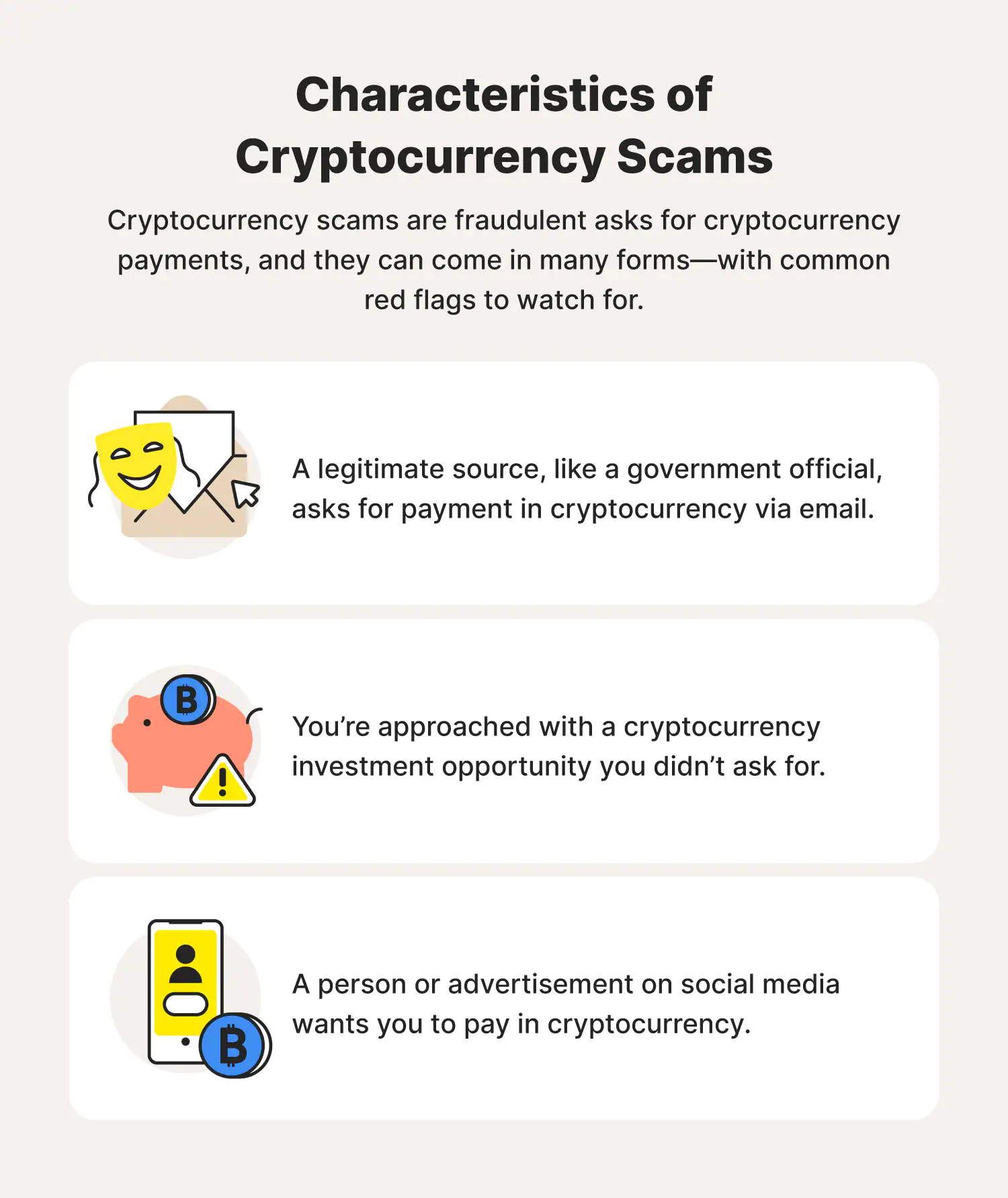The Philippines is no stranger to online scams. Unfortunately, many Filipinos have fallen victim to these scams, especially those related to cryptocurrencies. The rise of digital currency has opened up a whole new world of possibilities, but with it comes the risk of falling prey to malicious actors.
Cryptocurrency scams are on the rise in the Philippines, with scammers preying on the ignorance and naivety of unsuspecting victims. The fact that cryptocurrencies are still relatively new to mainstream financial markets means that many Filipinos may not be aware of the dangers associated with these types of transactions, leaving them vulnerable to exploitation.

The most common cryptocurrency scams involve the promise of high returns on investments and the promise of getting-rich-quick schemes. Fraudsters often use fake websites, social media accounts and even fake celebrity endorsements to lure victims into investing in their schemes. Unfortunately, these schemes are often nothing more than a way to steal money from unsuspecting victims and the returns promised are rarely ever seen.
In addition to fake investments, some scammers also use phishing tactics to get access to personal information. This information can then be used to steal money or commit identity theft. It’s important to be wary of emails or messages that ask for personal information, as these are often signs of a scam.
The key to avoiding these scams is to stay alert and be aware of the warning signs. Some of the most common tactics used by scammers include:
- Offering attractive incentives like free money or free tokens to join their “investment program”.
- Promising exorbitant returns that are too good to be true.
- Making false statements about the value of their cryptocurrency.
- Making unsubstantiated claims about the security of their platform.
- Requiring victims to provide personal information such as bank account details.
- Asking victims to make a deposit of money or cryptocurrency to start the investment process.
- Not providing any information about the company or individual behind the investment.
It is also important to be aware of fake cryptocurrency wallets or exchanges, as well as fake ICOs, which promise huge returns without any real investment.
By following these tips, you can help protect yourself from falling victim to online cryptocurrency scams. Unfortunately, these scams are on the rise and it’s important to be aware of the risks associated with these types of transactions. With the right knowledge and precautions in place, you can help ensure that your hard-earned money remains safe.






